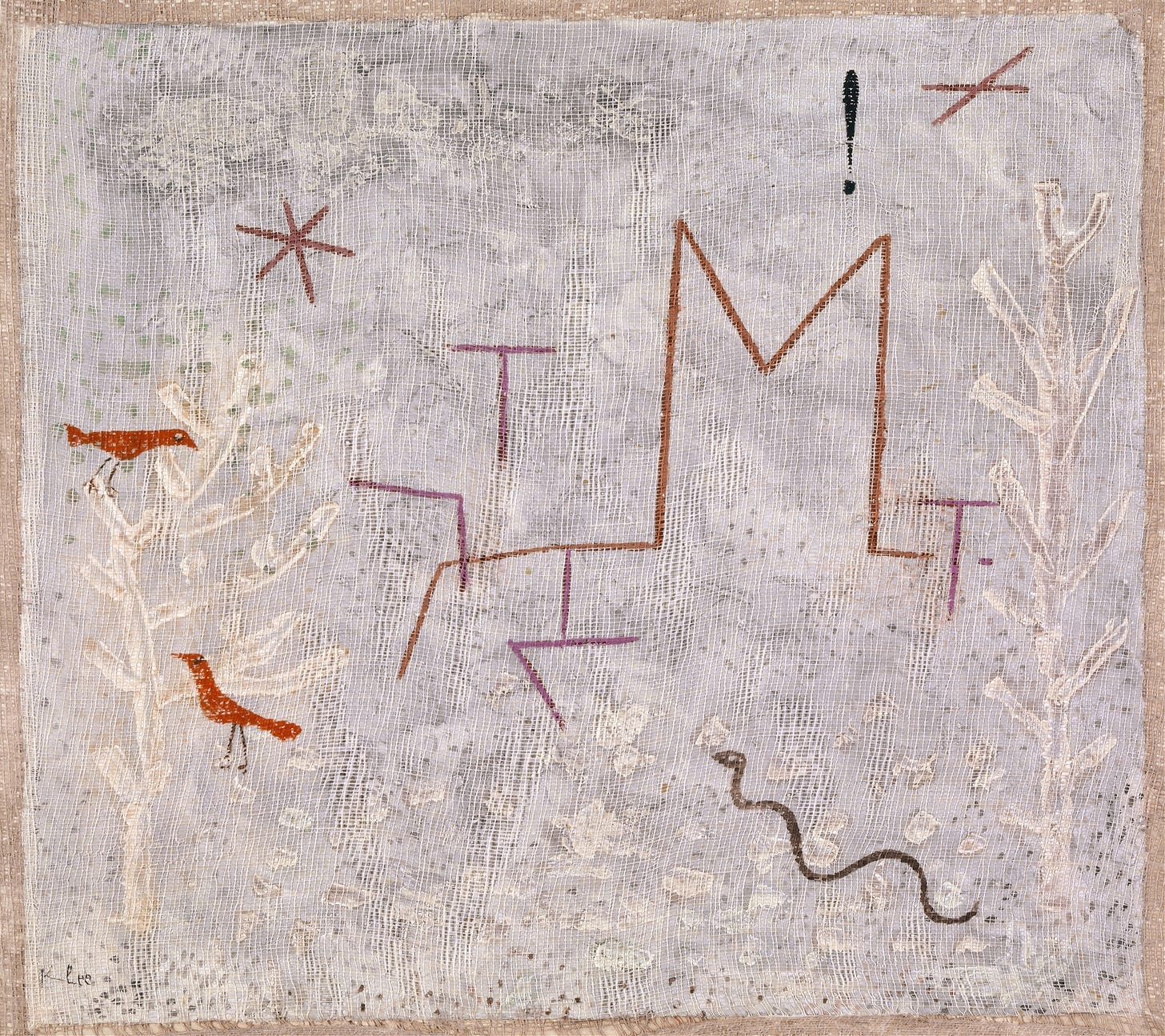Understanding the meaning of life by understanding meaning itself
In which I answer the question of questions
Is it so surprising that water is vital to life? Our bodies are 55-60% water. Somehow it feels, however, that it is thought, not water, which makes up more of who we are.
Today, I would like to share with you one of the most influential currents in my thought: meaning.
What is the Meaning of Life?
“What is the meaning of life?”
This question is, more often than not, the setup to a punchline. “42!” The question lends itself well to humor, I think, because it is often overly abstract. But the question is of vital importance, and demands concrete answers.
The question, for example, is “what is the point of all of your suffering?” Solid answers to the question help you get through hardship.
Another aspect of the question places the focus more immediately: “why are you doing what you are doing right now?” Fail to consider the question at this scope, and you may find yourself in hard times.
Just like lack of water makes the body deteriorate, lack of thought in this matter can result in a deterioration of selfhood. Indeed, this question is asked most by those in need of an answer, those who have lost touch with who they are.
All of this to say—in what sense could we ask, let alone answer, the question—without understanding what meaning is?
What is Meaning?
My favorite definition of meaning needs some warming up to. First, please consider this scenario:
You are planning a party for 6pm the next day, and you want your friend to come early. “Meet me at my place at 5,” you say.
The next day, you jolt awake to the sound of knocking from the door—it’s your friend.
“What are you doing here so early?”
“What do you mean? You told me to be here at 5.”
“I didn’t mean 5 in the morning! I meant 5 PM!”
Haha. Now, I will change the dialogue just a little bit, but in a way that will not change the meaning of the phrases spoken:
“What are you doing here so early?”
“What did you want to happen? You told me to be here at 5.”
“I didn’t want you to arrive at 5 in the morning! I wanted you to arrive at 5 PM!”
More long-winded and robotic, there are clearly some differences between the two versions of the conversation. Even still, each line means the same thing. How?
Desired Effect
Meaning is the same as desired effect. When your friend asked you what you meant by what you said, they asked you what effects you desired to result from your speech.
Think of effects as the events that took place as a result of some action. Eating a watermelon (92% water), for example, results in the effects of empty watermelon shell and full stomach. And to best understand what I mean by desire, avoid associating it with personality: a lotus plant, without personality, desires water and sunlight.
With that in mind, it is clear that both versions of the example dialogue mean the same, since they both have the same desired effects: your friend, learning why you are mad; and you, having your friend leave and return later.
Now, let us apply this definition of meaning to the question of this essay: What is the meaning of life?
Desiring Life
If meaning is desired effect, “What is the meaning of life?” becomes “What are the desired effects of life?” Phrased in this way, however, meaning as desired effect becomes difficult to accept. Nor is the question clarified very much.
To clarify, let me distinguish between two senses in which the question may be asked.
The first sense of the question is that of purpose. “Why am I alive?” “To what end is my life directed?” This sense of the question has to do with reason for existence, which is to say, with intent, which is to say, with desire.
The second sense is as a different way to ask about what life consists of. Imagine people who would answer the question with, for example, “living, supporting a family, dying.” For these people, the question of the meaning of life is about how one might live.
Yet, while exploring how one might live, people discover the possibilities of life in front of them. They begin to position themselves with respect to the first sense of the question of meaning: “Now that I know I can be free, my purpose is liberty.”
What is the Point?
If you believe in God, a meaning of life is right in front of you: God’s will. Your life is meaningful as the desired effect of God.
I do not believe in God, but I do believe in my meaning of life. Since meaning is desire, I can make my life meaningful by desiring my life in certain ways. I can do so myself; I need not appeal to some external power. Any being who desires themselves creates their own life meaning.
That is the true power of this view of meaning—you are who you want to be. Yet, this is undoubtedly abstract. There is one more point that makes the concept concrete:
The meaning we give to entities in the world influence the ways we see the world, alongside (and especially) the ways we act.
One great example of this influence is the in-group favoritism bias shown in minimal groups. Experiments have shown that people favor other people in the same groups as them, even if the groups are completely arbitrary.1 That is to say, people give more money to certain people just because they perceive them as being ‘on the same team’ as them.
By shaping who you want to be, by shaping how you want the world around you to be, you create ways of seeing the world in new ways. Seeing the world in new ways, new possibilities of action and new currents of action begin to flow.
The meaning of life is whatever you want it to be.
I hope to positively influence those of you who engage with my work. And since your interaction with my work is my desired effect, you are the meaning of my life.
Tajfel, Henri, M. G. Billig, R. P. Bundy, and Claude Flament. 1971. “Social Categorization and Intergroup Behaviour.” European Journal of Social Psychology 1 (2): 149–78. https://doi.org/10.1002/ejsp.2420010202.
This oft-cited paper details such an experiment, and the results.







I strive to stop getting lost in the meaningless activities of my life (doom scrolling or binge watching or binge eating) that numb me from what I want to experience everyday fully: good or bad, painful or enjoyable, boring or exciting experiences which, put together, build up to having meaning in my life. Being more mindful allows me to having more meaning in my life.
Nice article Louis! I have often asked the question “what is the meaning of life?” to myself but never focused on the word “meaning”. Meaning as a desired effect is a good way to put it. I would recommend you to read or watch Mahabharata (on Hulu) where Lord Krishna puts up amazing points about the meaning of life during the Bhagavad Gita section.